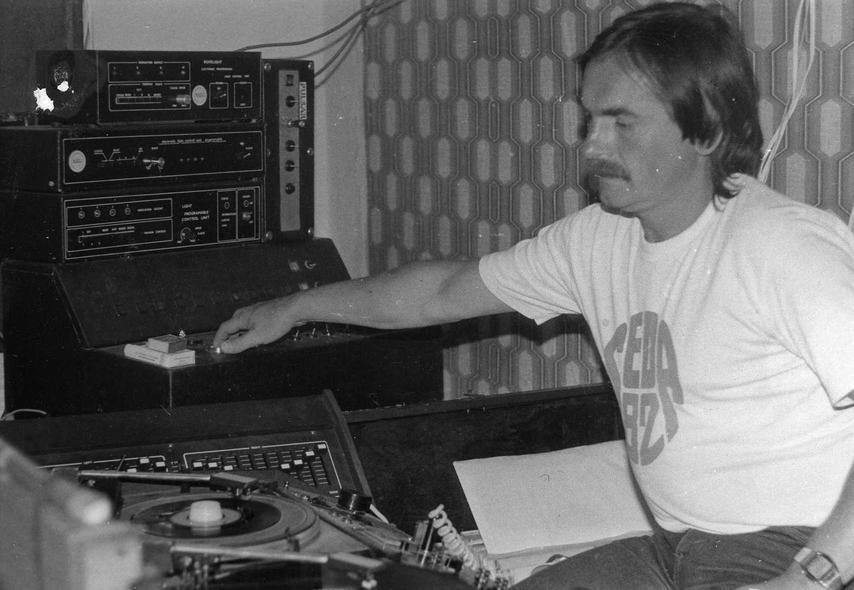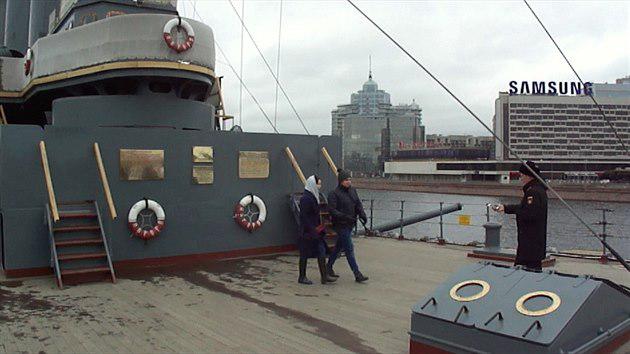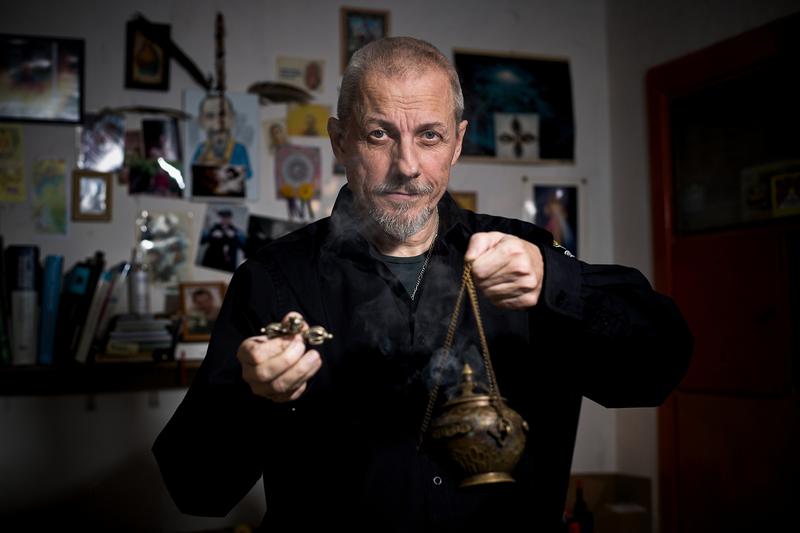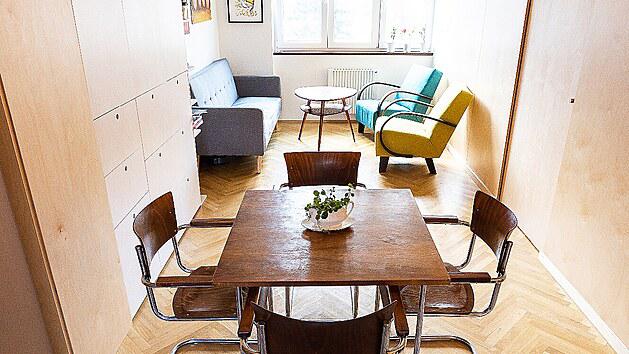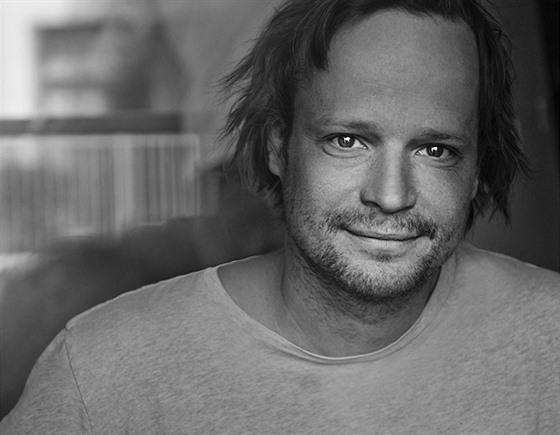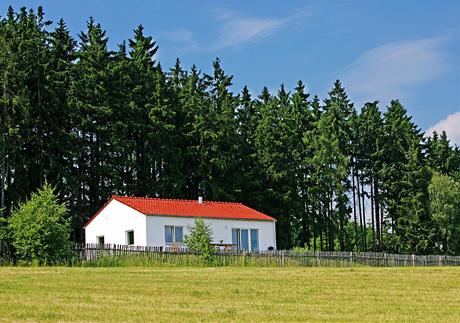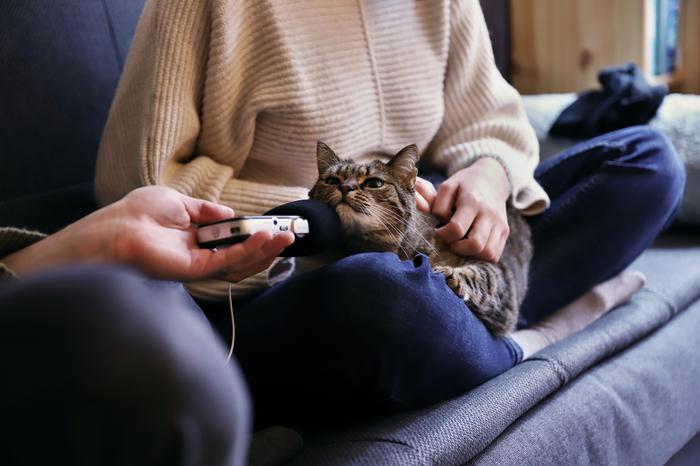
Three-year-old Honzík was born on a bus, he has jaundice type C and no one wants him
An ambulance took the mother and child to Prague's Ruzyně, where the bus stopped, and took them to the hospital. Mrs. Dana then claimed that she was in a difficult life situation, did not have enough money and nowhere to go with the child.
Hepatitis C* Jaundice type C is a viral inflammation of the liver that is transmitted mainly through direct contact with human blood and causes inflammatory changes in the liver. * It is not possible to vaccinate against it * It is estimated that 170 million people in the world are infected, ie approximately 3% of the world's population. * Approximately 20,000 people in the Czech Republic are infected with hepatitis C. * cases of jaundice type C. This is more cases than HIV infection during the entire period of its testing in the Czech Republic (about 17 years). Source: virova-hepatitida.cz |
"She was with Honzík with us for about a month. During that time, her problematic relationship with the child became apparent, but also with the order of the entire center. She showed almost nothing interested," said a social worker at the Children's Center at Thomayer University Hospital in Prague.
The employees of the transport company on which Ms. Dana gave birth gave birth to a collection for the child. "We explained to them that it was quite probable that the mother would spend the money on cigarettes or alcohol. We advised them to send the money only in small parts. Before that, we gave her a certain amount of exams and it turned out that she could not manage the money." adds.
In addition, it turned out that Honzík was not her first child, but that she already had two other girls, then three and two years old. The older one is in the father's care, the younger one is in adoption.
She left the child homeless
After a month at the Children's Center, Dana and Honzík took refuge in an asylum. Even here, however, she had problems complying with the house rules. Once, she let Honzík guard the homeless and did not return for a long time. The child began to choke, so the homeless called an ambulance. At the hospital, they found out that during his stay with his mother, little Honzík still developed hepatitis C.
"Honzík then came to us from the hospital again. His mother was not interested in him," the social worker explains. Although the boy has in her birth certificate as the father of the then husband Mrs. Dana - a man of Chinese nationality. But he's not his real father. Dana only married the Chinese because of the money she got for the marriage.
After the necessary period of half a year of total lack of interest on the part of both mother and father, Honzík became so-called legally free. This means that he can go for adoption or foster care. However, due to his disability, no one has yet been able to take care of him. He remains in the Children's Center in Krč, Prague.
"It happens quite often that a child is legally free, but due to health problems such as jaundice, fetal alcohol syndrome or some form of mental or physical disability, it is not possible to place him in an adoptive or foster family," says Jaroslava Lukešová, the center's director.
Three-year-old Honzík at the Children's Center in Krč - the son of an alcoholic mother who was born on a bus
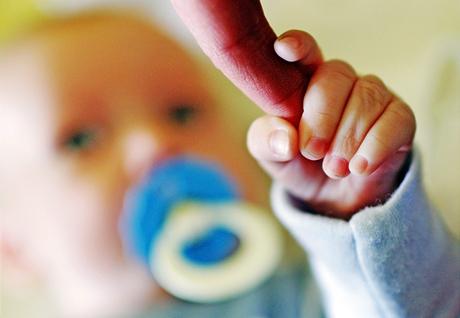
Through the eyes of a flight attendant"Even when Honzík's future mother boarded her acquaintance on the bus, it was clear that she was not feeling well. But she was not dead until 14 days later. She got sick along the way. Dana, meanwhile, began to give birth. Of course, there was the typical "Isn't there a doctor?" Unfortunately, he was not. We would have a hard time finding an ambulance on the highway, so I listened to the ambulance's advice on the phone about what to do. The driver tried to drive as fast as he could. The ambulance was waiting for Ruzyně. Several passengers helped us with the birth in the back. Fortunately, he was fast and hassle-free, so in a few minutes the boy was born. As in the movie, everyone applauded. But I can't imagine what we would do if Mrs. Dana had complications. After the birth, she claimed that she did not know what she would do, that she had already taken her two children and that she would not have Honzík married anymore. She is said to be going to the shelter with him and will take care of him. Few people believed that at that time ... Then we had to clean up the amniotic fluid, which was everywhere. "Anna B., a student, 24 years old |
Parents don't even pay
In addition to Honzík, there are also other children with disabilities, such as Down syndrome. Some remain in the center despite the specified age of three.
"Parents may not want to go home. So we will get him a job in a social care institution, but care is paid for there, not with us. And so the parents will cancel the job in the institution. I understand that they do not want or cannot take care of the child. But they can't always take care of it, but we observe that the parents' opinion that they didn't cause it is growing here, so why should they pay, "explains the director of the Children's Center.
150 to 170 children pass through the Children's Center every year. Almost half of them get there by court order. Trained staff also take care of children of the homeless, foreigners, children found or with a drug history of their parents. These children often also have infectious diseases (jaundice, venereal diseases) or experience withdrawal syndrome.
Honzík with his "aunt" in the Children's Center in Krč.
Where does the child end up?
Some children return to their mothers, who have undergone, for example, therapy or addiction treatment. Few go to children's homes. The staff of the Children's Center has the task of resolving the fate of children during their stay in the facility, without having to go to another environment that is unknown to them.
"We want to help. Having a baby here from birth to age four without us being able to place him in a family, whether biological or adoptive, means we're not working perfectly. Either we have to somehow 'fix' the biological family, or help the child in some other way. Sometimes it doesn't work out, but we want to minimize it. However, we try to return most children home, "explains director Jaroslava Lukešová.
There are often alarmingly high numbers of children in institutional care in the media. "But no one sees that only four percent of children from social care institutions send a court there. The rest is here because their parents put them here," adds director Lukešová.
You too can helpLike other facilities of this type, the Children's Center faces a shortage of some equipment. Twins, strollers and pillows, colored sheets, terry towels, towels, tetra towels, bibs, wet wipes are most needed now. Everything can be brought to the Children's Center at FTNsP at any time, and thus significantly help both children and employees. Of course, the children's center also needs financial help. Part of the area is waiting for reconstruction. That is why the Children's Smile Endowment Fund was established, to which it is possible to send financial donations. The account is with ČSOB and its number is: 572187093/0300. |

